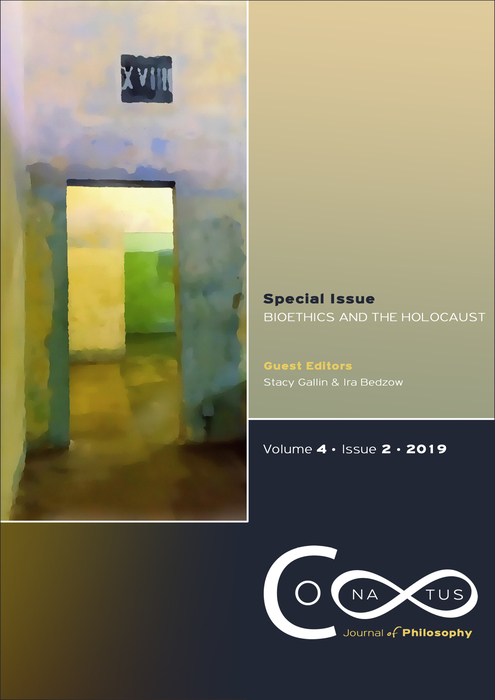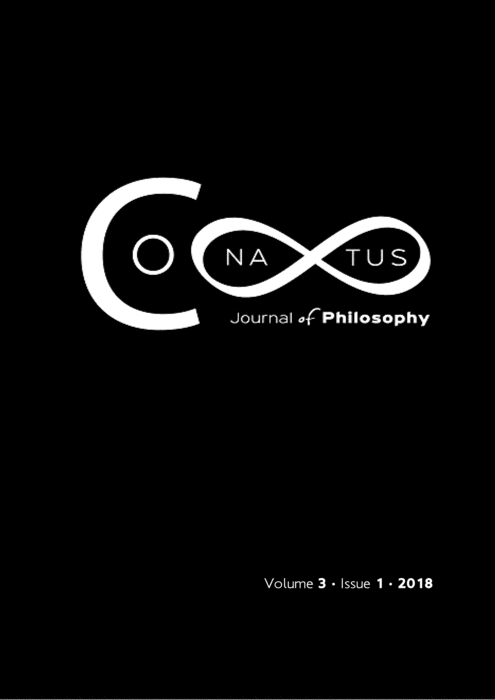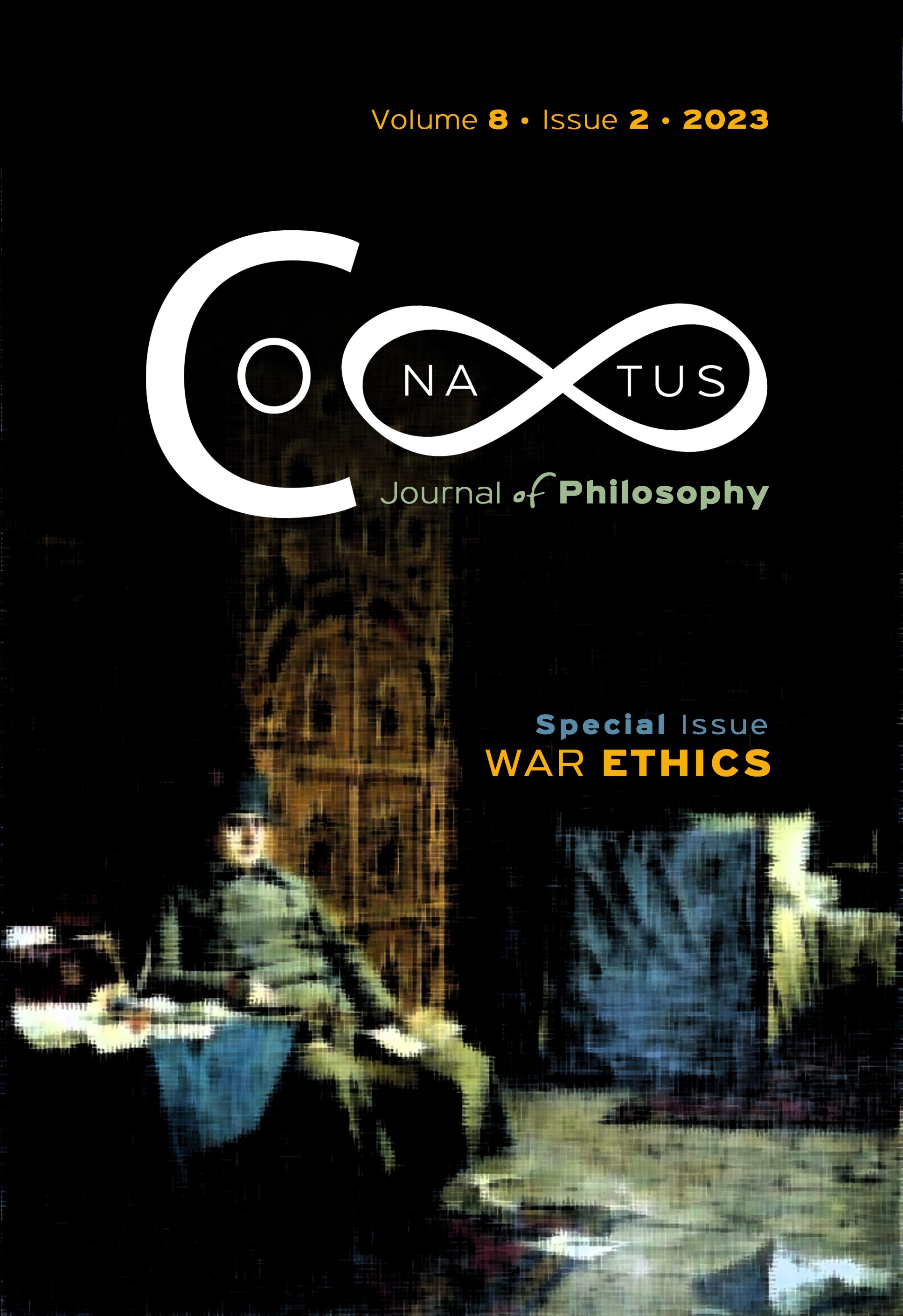Global Bioethics in the Post-Coronavirus Era: A Discussion with Roberto Andorno

Abstract
A discussion with Roberto Andorno about global bioethics and biolaw, the Coronavirus pandemic, and its impact on human dignity and rights. Can we foresee the emerging new profile of global bioethics and biolaw in the post-Coronavirus era? How significant are they going to be in the future, after the enormous pressure that the Coronavirus pandemic has exercised on key political, legal, and ethical values? Must the voice of bioethicists -compared to the ‘hard’ scientific data- be louder in the future concerning decisions about emergency social and medical measures? Is there a hope that public empowerment will support robust, global public engagement and meaningful deliberation? How much does Roberto Andorno’s view on human dignity reveal a supposed commitment to moral realism? The massive deaths of elderly people living in hospices of Sweden, Spain, and Italy, based on an implicit ‘fair innings’ view, has recently posed certain questions on the moral unacceptability of such practices. The same questions arise in the case of the legalization of euthanasia grounded on the implicit acceptance of the view that life is not worth living under certain circumstances. Is it possible that the human rights bodies worldwide will acquire executive power, and how could this become possible? How influential the ‘precautionary principle’ can become regarding clinical and research ethics in the future? How urgent is the importance of the introduction of bioethical education in the curricula of ‘hard’ empirical studies? Roberto Andorno discusses with us all these controversial and under heated public debate issues, giving sometimes provocative answers.
Article Details
- How to Cite
-
Andorno, R., & Boutlas, G. (2022). Global Bioethics in the Post-Coronavirus Era: A Discussion with Roberto Andorno. Conatus - Journal of Philosophy, 7(1), 185–200. https://doi.org/10.12681/cjp.27999
- Section
- Discussion

This work is licensed under a Creative Commons Attribution-NonCommercial 4.0 International License.
Authors who publish with this journal agree to the following terms:
Authors retain copyright and grant the journal right of first publication with the work simultaneously licensed under a Creative Commons Attribution Non-Commercial International License (CC BY-NC 4.0) that allows others to share the work with an acknowledgement of the work's authorship and initial publication in this journal.
Authors are able to enter into separate, additional contractual arrangements for the non-exclusive distribution of the journal's published version of the work (e.g. post it to an institutional repository or publish it in a book), with an acknowledgement of its initial publication in this journal.
Authors are permitted and encouraged to post their work online (preferably in institutional repositories or on their website) prior to and during the submission process, as it can lead to productive exchanges, as well as earlier and greater citation of published work.








